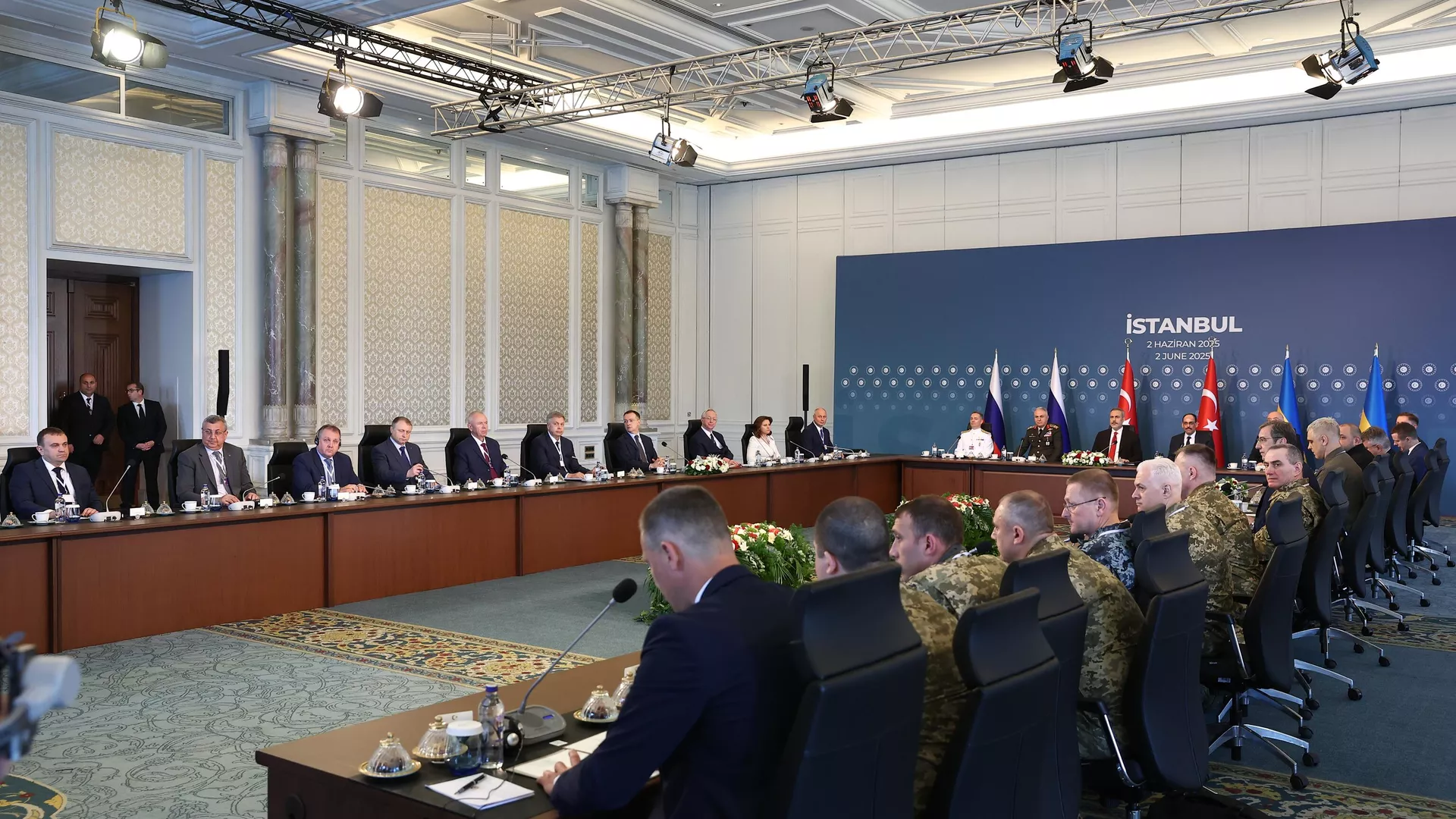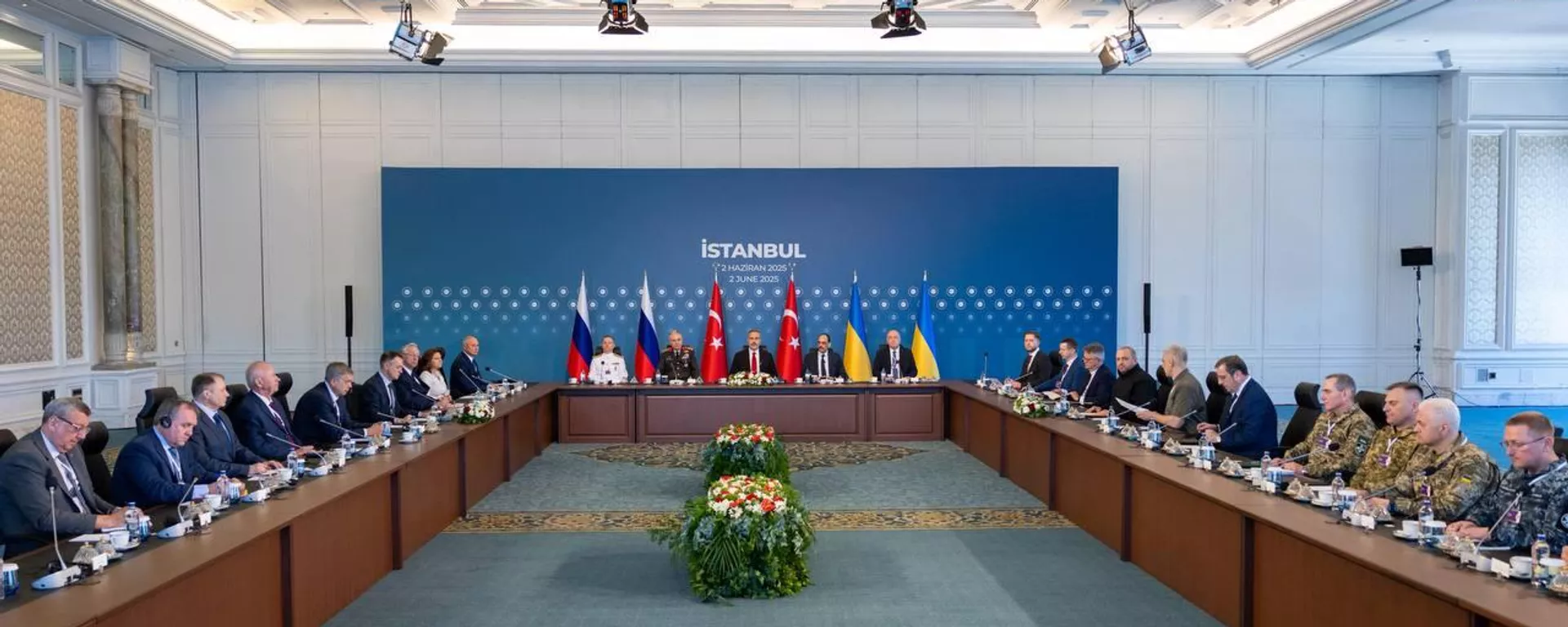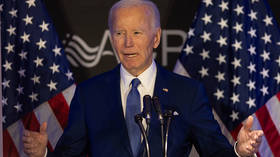Chapter 8 from "Our Country, Then and Now"

[Serialization of selections from my book Our Country, Then and Now continues with the cooperation of my publisher, Clarity Press.]
Read part I:
By , April 27, 2025
As stated in the last installment, arguably the most important geopolitical event of the last 500 years has been the rise of the British Empire. This Empire was created through a series of deliberate choices made by the British nation starting with the reign of Queen Elizabeth I (1533-1603).
After considering the rise of the imperialistic impetus under Elizabeth and the initial war with Spain, we now move on to a discussion of subsequent rivalries between England and Holland and with the France of Louis XIV.
But first we pause to consider the role in English governance of that peculiar institution that persists today known as the Privy Council.
The Privy Council
To know who really makes the decisions in Britain, you have only to look at the Privy Council, which is the body of top officials reporting to the King or Queen. Every prime minister, cabinet minister, military commander, or top official is inducted into the Privy Council through a ceremony by which the new member kneels on a stool and kisses the hand of the monarch.
The new member also takes an oath—not to the nation, nor to the laws and [unwritten] constitution, but to the person of the monarch. The inductee swears “by Almighty God…to be a true and faithful servant” unto the reigning monarch, to “keep secret all matters committed and revealed unto you,” and to “assist and defend all Jurisdictions, Pre-eminences, and Authorities,” etc.
It’s this age-old tribal loyalty, with treason being punishable by a gruesome death, that is the basis for British governance. Nothing comparable exists in the US. In fact, it was to get rid of such institutions as the monarchy and Privy Council that the American Revolution was fought. It’s also why the US Constitution banished all trappings of nobility.
The European System of States
Ludwig Dehio in The Precarious Balance: Four Centuries of the European Power Struggle, writes of the power struggle growing out of the European system of states. He writes, “Those with a sense of history will never cease to ponder the mystery of this abounding vitality of the Western world which was now spreading across the globe.”[i] He notes:
“The fate of the system of states was decided by England. Her key role was due to her island position, but also to her maritime power. Under Elizabeth I, nation and state braced themselves with marvelous resolve.”[ii]
Dehio explains that it was through an alliance with the French and the Dutch Calvinists that Elizabeth “piloted England for the first time to the leadership of a kind of Continental coalition against a dominant Continental power.”[iii] This power was the Spain of Phillip II, a Habsburg and son of Holy Roman Emperor Charles V, who at one time had been the most powerful monarch of Europe before his empire was split into Spain, the Netherlands, and a Holy Roman Empire remnant.
Dehio writes that it was the decline of France from its medieval dominance of Europe that now cast England in the role of Spain’s opponent. From this time on, England became the adversary of every subsequent Continental superpower, a role that lasted through and beyond World War II. That is, if we view Great Britain as a partner to the US in the Cold War against the Soviet Union and again today, acting as head cheerleader in goading the US in its proxy war against Russia in Ukraine.
But what about the sovereignty of the nations that Britain sought to manipulate or dominate? The Treaty of Westphalia that ended the Thirty Year’s War, which pitted Catholic states against Protestant in Central Europe and the Holy Roman Empire, pledged to uphold the sanctity of sovereign nations against future attack or coercion.
But Britain was not a signatory to the Treaty of Westphalia. To Britain, the principle of inviolable sovereignty for its actual or potential enemies was alien.
Holland’s Rise
Holland was the second emerging naval power of the era. Before England began to accumulate an empire, Holland had begun to build its own. In order to attack Spain, England supported the revolt of the Spanish Netherlands—today’s Belgium—and sent troops to the Continent to fight. But then France began to revive, seeing the reestablishment of a strong monarchy as the path to a return to prominence.
Meanwhile, England and Holland were at each other’s throats. The Stuart kings of England were not interested in naval affairs, but when Oliver Cromwell gained power, he built up the English navy, defeated both Holland and Spain at sea, and “acquired a title to world power.”[iv] Four Anglo-Dutch wars were fought in the 17th century, all at sea, along with the Anglo-Spanish War of 1654-1660 by which England acquired the valuable Caribbean properties of Jamaica and the Cayman Islands.
Unfortunately, the attempt by republican forces to take over the English nation during the era of the Civil Wars led by Cromwell and the Commonwealth ended in failure. The “Restoration” of King Charles II in 1660 began the modern era of rule over Britain by the fabulously wealthy despots known today as “the Royals.” This collection of unbelievably rich and privileged people is mistakenly viewed today as “figureheads.” As we shall see, their elevation to moral dominance has caused the power and talent of the British to serve, not humanity, but a cult of primitive tribal dominance. [Behind the Royals has been the power of the globalist financial elite.]
Louis XIV
France under Louis XIV (1638-1715) had its own cult of the Sun King and Europe’s first professional standing army. It was built with a modern and efficient central taxation system that no other nation could match. France was now evolving toward its grand siècle, but France was never able to match the fighting strength of Britain’s fleet, so it remained a Continental land power. No matter: Louis still went to war against both Holland and Britain.
Image: Louis XIV of France (Public Domain)

Holland was never able to return to its glory days, but when William of Orange, the Dutch Prince, was invited with his English wife Mary, daughter of Charles I, to assume the British throne through the “Glorious Revolution” of 1688, a merger of English and Dutch sea power now took place. Holland lost its status as a world power as England continued for the next two-and-a-half centuries building its empire. Dehio writes that by the time of William of Orange, “Britain’s character as a maritime nation had settled into its final shape.”[v]
The merger between Britain and Holland also brought the system of bank-centered deficit financing to Britain that Holland had perfected. It was a system that Holland had acquired from an earlier influx of Italian bankers, many Jewish, from the declining Venetian empire. Under this system, banks floated government bonds that were purchased by wealthy domestic and foreign investors, with the money being used by the government for its naval fleet and war efforts. Of course, such lending was inflationary and required constant economic growth to pay off the loans. [The growth was fueled by ransacking of rival nations and colonies, especially India.]
After William of Orange came to England, the bankers founded the Bank of England in 1694. The bonds used for the financing of war as well as the world’s greatest fleet made the British Empire possible. Eventually, the US would imitate both in its own rise to power.
The union of English and Dutch interests was also facilitated by the merger in India of the British and Dutch East India Companies. During the ensuing century, the British East India Company became a state in and of itself, with its own army and administration, driving out the French, and making India the crown jewel of British overseas power.[vi]
Deeply alarmed, Louis XIV realized that England was a menace and sought to destroy it. In 1692, the French sent an invasion force via the French fleet; it was decisively defeated by England and Holland at Cape La Hogue off the coast of Normandy. The French had intended to restore James II to the English throne, but the plan failed disastrously.
England fought the War of the Spanish Succession (1701-1714) to prevent Louis XIV’s grandson from inheriting the throne of Spain and thus uniting France and Spain. This war is considered the first “world war,” with major campaigns in Spain, Germany, Italy, and at sea. Again the British sent an army to the Continent, this time under John Churchill, 1st Duke of Marlborough, to lead a coalition against the French. For the first time, England and Prussia were allied in a war. France was exhausted by the war, and Holland never recovered.
But England was able to preserve a balance of power in Europe that had been threatened by the French revival. England’s navy proved strong enough to protect its overseas trade, control its home waters, and launch attacks on its enemies. England also turned its back on acquiring territory on the Continent, instead focusing on maritime outposts like Gibraltar and on colonial power in America and India. By 1700 the American colonies had a population of a quarter million, while the French in North America had only a tenth of that.
*
Click the share button below to email/forward this article. Follow us on Instagram and X and subscribe to our Telegram Channel. Feel free to repost Global Research articles with proper attribution.
Click the share button below to email/forward this article. Follow us on Instagram and X and subscribe to our Telegram Channel. Feel free to repost Global Research articles with proper attribution.
Richard C. Cook is a retired U.S. federal analyst with extensive experience across various government agencies, including the U.S. Civil Service Commission, FDA, the Carter White House, NASA, and the U.S. Treasury. He is a graduate of the College of William and Mary. As a whistleblower at the time of the Challenger disaster, he exposed the flawed O-ring joints that destroyed the Space Shuttle, documenting his story in the book “Challenger Revealed.” After serving at Treasury, he became a vocal critic of the private finance-controlled monetary system, detailing his concerns in “We Hold These Truths: The Hope of Monetary Reform.” He served as an adviser to the American Monetary Institute and worked with Congressman Dennis Kucinich to advocate for replacing the Federal Reserve with a genuine national currency. See his new book, Our Country, Then and Now, Clarity Press, 2023. Also see his Three Sages Substack and his American Geopolitical Institute articles at https://www.vtforeignpolicy.com/category/agi/.
“Every human enterprise must serve life, must seek to enrich existence on earth, lest man become enslaved where he seeks to establish his dominion!” Bô Yin Râ (Joseph Anton Schneiderfranken, 1876-1943), translation by Posthumus Projects Amsterdam, 2014. Also download the Kober Press edition of The Book on the Living God here.
Notes
[i] Ludwig Dehio (author), Charles Fullman (translator), The Precarious Balance: Four Centuries of the European Power Struggle, Alfred A. Knopf, 1962, p.21.
[ii] Ibid, p.50.
[iii] Ibid, p.54.
[iv] Ibid, p.71.
[v] Ibid, p.80.
[vi] It was wealth from the looting of India that created the modern English landscape of estates and formal gardens.
Featured image: Caricature by Thomas Rowlandson titled Privy Council of a King (1815); enthroned is George IV, then Prince Regent. (Public Domain)
Global Research is a reader-funded media. We do not accept any funding from corporations or governments. Help us stay afloat. Click the image below to make a one-time or recurring donation.
Counter Information publish all articles following the Creative Commons rule creative commons. If you don't want your article to appear in this blog email me and I will remove it asap.









































No comments:
Post a Comment